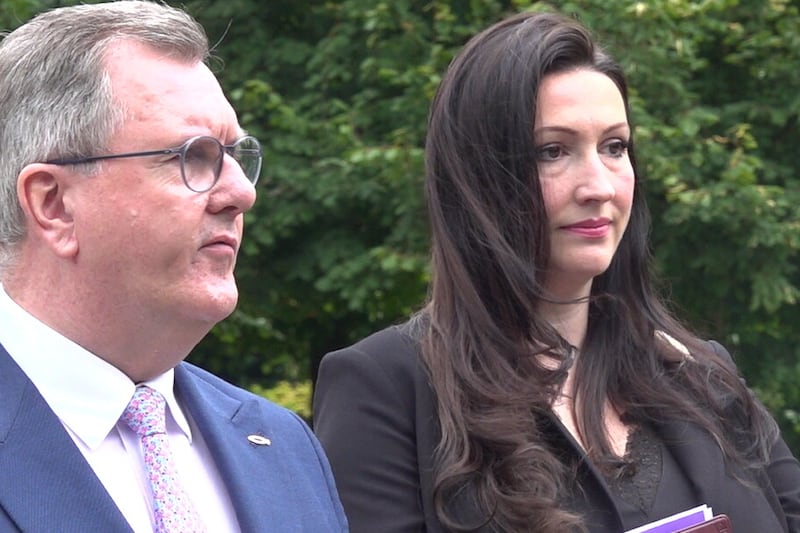THIS must be a priority for the incoming assembly and Executive.
Our higher education system supplies the high level skills which companies need to succeed; it maximises the offer of Northern Ireland to new investors; it stimulates discovery, innovation and knowledge exchange; and, through the opportunities it provides to people whatever their backgrounds, it genuinely changes lives.
The Executive's decision to freeze tuition fees for local students at local universities remains one of the defining examples as to how devolution can do things differently. But the Executive has not been able to invest resources to sustain the level of financial support to our higher education institutions.
A structural funding gap of between £2,500 and £1,000 per place, relative to England has opened up. This now amounts to £39 million per annum. This gap cannot widen any further without compromising quality.
On top of this, as a result of the massive cuts arising from the 2015/16 Executive budget, I had no choice but to pass on cuts of £16m to our higher education sector. This has resulted in a loss of around 2,000 student places, and over 200 staff posts. Only the impact of the first year of these cuts has been felt so far.
At a time when investment in skills is so critical to growing our economy, especially given our historic low base, it is entirely counter-productive for Northern Ireland to be disinvesting in higher education.
However, stopping these cuts or even returning to the status quo ante is not going to be good enough.
This situation comes at a time when the premium on higher level skills has never been so high. The setting of a date (April 2018) and a rate (12.5 per cent) for the lower rate of corporation tax has the potential to be a game changer for our economy, and Invest NI can now promote Northern Ireland as an even stronger investment location. But it is absolutely essential that the skills base required to accommodate these new investment opportunities is in place.
Work derived from the NI Skills Barometer indicates that we need to be investing an additional £39m every year to provide the extra places to meet this additional demand and to avoid our credibility as an investment locations being undermined.
Therefore, overall, over the next couple of years, we need to move to a situation whereby an additional £94m per year is invested in higher education.
The additional £20m for skills announced in January will go some way towards stabilising this situation and avoiding further cuts to our varied skills pathways, but our higher education system remains financially unsustainable.
Across the world, countries and regions approach the funding and delivery of higher education in a variety of ways with different combinations of public and individual financing for core teaching, different profiles in attracting external finance, and different approaches to the provision of the high level skills demanded by modern economies.
Even within the UK, there are now very different funding systems in operation. The English system is now underpinned by the highest tuition fees in Europe. But in Scotland the opposite approach has been taken: fees are not charged to most Scottish students, and the system continues to rely on relatively high levels of direct investment from the Scottish government. In Northern Ireland we have a mixed model that combines a student contribution with direct government support.
There are, therefore, a number of options open to us to fund higher education in the future, revolving around varying combinations of public and individual financing.
Following a consultation process towards the end of 2015, called the Big Conversation, I have laid out all of those options, and their costs, for consideration as we develop the next Programme for Government and Budget. The paper can be viewed in full at www.delni.gov.uk/sites/default/files/consultations/del/HE%20options%20paper.pdf.
The paper does not advocate any particular model. But the fixed variable must be that we have an absolute and collective duty to ensure that we have a properly resourced higher education system. This is not an optional luxury but an essential requirement.
Scotland has shown that it is possible to run a no-fees regime and to maintain investment in higher education. However, this position is helped by the strong inward student flows from England.
If we are going to maintain our hybrid system of limited fees and state funding and to also have a viable higher education sector, then a further £94m will need to be found each year out of public spending. This entails difficult choices in terms of other commitments or consideration of progressive forms of revenue raising.
As we approach the coming election, it is important that everyone understands the importance of our skills base, and the relative costs and opportunity costs behind the different funding models.
:: Stephen Farry is the minister for employment and learning.








